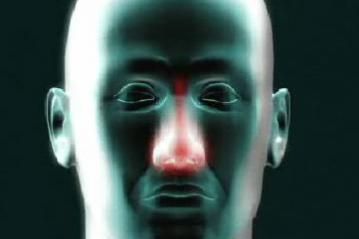There is disagreement about how a gluten intolerance or allergy develops. Some people believe that it is a hereditary condition, while others suggest that it is not. Gluten allergies can develop in childhood or they can have a late onset and develop in adulthood. Some research shows that gluten allergies that develop during childhood may wane during adolescence, but then can return when a person reaches 30 years and on. Gluten allergies that develop during adulthood are unlikely to disappear. In some cases, a gluten allergy may not be diagnosed until adulthood even though the person has been suffering from a range of symptoms for a large proportion of his or her life. In other cases, the allergy can be triggered by stress, infection, surgery, pregnancy and childbirth. This indicates that some people may be more inherently susceptible to gluten allergies, suggesting additional support for the theory that gluten allergies are inherited.
Nevertheless, people can develop gluten allergies even if their parents did not have them. Likewise, children of parents with gluten allergies are at higher risk of developing the allergies, too, even though they may never become allergic to gluten.
Advertisement
Gluten allergies can manifest in adults through a number of physical and mental symptoms. These symptoms will range in severity and frequency from person to person and may include vomiting, abdominal pain, flatulence, diarrhea, obesity or emaciation, skin rashes, headaches and generally poor health. Because people with a gluten allergy, such as celiac disease, suffer damage to their intestines, they also struggle to absorb the minerals, calories and nutrients from food. This can cause anemia, bone degeneration, fatigue and even some cancers. Furthermore, a gluten allergy causes the body to produce an autoimmune response to the presence of gluten. This means that the body produces antibodies to attack the gluten protein. These antibodies also attack the body's own tissues. This can result in thyroid issues, and can also affect behavior and brain functioning, causing conditions such as depression.


